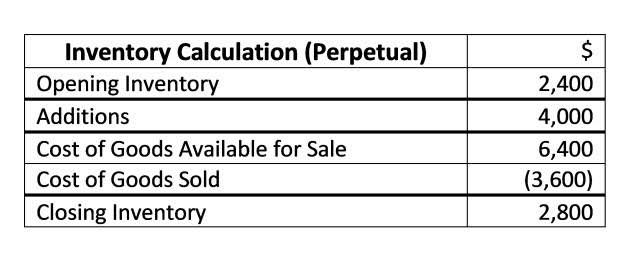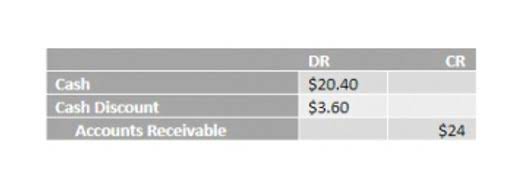
By leveraging technology, bookkeepers can enhance efficiency and accuracy, ensuring that reports are comprehensive and timely. While full charge bookkeepers mostly deal with maintaining the ledger, they also perform full-cycle accounting duties in the company. Generally speaking, accountants analyze the financial data gathered by bookkeepers. What is the full charge bookkeeper’s role in comparison to an accountant’s, then? Although FC bookkeepers do provide accounting services, they usually don’t act as financial advisors or deal with auditing and tax reports. Full charge bookkeepers usually seek external assistance from a certified public accountant or a controller.
Why Full Charge Bookkeeping Is the Future
If you have the ability, you can promote from within with a what does full charge bookkeeper mean bit of extra training. Check out our small business finance and accounting assessment to see if your current team is meeting your needs. The goal is to maintain financial accuracy and support business decision-making. Certifications like the Certified Public Accountant (CPA) and Certified Bookkeeper (CB) are highly valued. For a full charge bookkeeper, the average national salary in the US is $20.57 per hour.

Full Charge Bookkeeper: Key Duties and Essential Skills
- Outsourcing bookkeeping services offers businesses the opportunity to focus on their core functions while benefiting from specialized expertise.
- This means you will have access to the necessary tools and resources to carry out your responsibilities effectively.
- Full-charge bookkeepers can help prepare financial statements and tax returns, which the employer submits to CPA for review or audit.
- These types of services will send alerts to your inbox anytime a new position comes up that matches what you’re looking for!
- This involves recording all financial transactions, including accounts payable, accounts receivable, and bank transactions.
A full-charge bookkeeper possesses a broader skill set and assumes more extensive responsibilities than an in-house. In addition, the person has to have expert knowledge of bookkeeping and accounting systems, a good eye for minute details, and excellent skills in project management. The person in charge must be able to handle accounting and streamlining of the businesses efficiently.
Regular Business Hours

This knowledge affects the consistency and accuracy of financial statements and other reports. Knowing the regulation standards means full charge bookkeepers can help the business stay in compliance. The choice between hiring a full charge bookkeeper or an accountant ultimately depends on the specific needs of a business.
- This understanding is crucial for ensuring that employees are compensated accurately and on time.
- General business, accounting, and bookkeeping courses will provide the required education and training.
- By maintaining a detailed record of these transactions, you ensure that all payments are accounted for and properly applied to the correct customer accounts.
- Proficiency in accounting software is a must-have technical skill for full charge bookkeepers.
- On the other hand, a regular bookkeeper’s salary may be lower as they typically handle more routine tasks and may have a narrower scope of responsibility.
- When needed, you can hire a certified public accountant to coordinate with an FC bookkeeper and help with audits and tax returns.
The Importance of Accuracy
Many small businesses operate on thin margins, and the financial acumen provided by a full charge bookkeeper can often make the difference between success and failure. Forecasting financial trajectories, sculpting budgets, and devising strategic blueprints for financial optimization rests within the purview of accountants. Their expertise also covers tax planning as they navigate the complexities of tax fixed assets regulations, ensuring compliance while optimizing efficiency.
How does a Full Charge Book keeper handle internal controls?

In 2023, about 6.4% of all jobs for full charge bookkeepers were found there. Yet, medium-sized businesses—those that have grown beyond the small-business stage… As a business owner, you will want to leverage talent and strategic hires to foster growth.

The distinction between a regular bookkeeper and a full charge bookkeeper primarily resides in their level of responsibility and the complexity of their tasks. Accountants, on the other hand, operate at a higher level of financial strategy. They are usually involved in more complex financial planning, including tax planning and business analysis. While they also review financial statements, their work often focuses more on interpreting and analyzing financial data than recording it. Accountants use this analysis to provide strategic advice to the organization’s management.
Understanding Projected Benefit Obligation in Accounting
Full service bookkeepers are in charge of managing complete cycles of accounting. If you’re interested in learning more about full-charge bookkeepers or want to explore other accounting and auditing Cash Flow Management for Small Businesses careers, be sure to check out the American Institute of Professional Bookkeepers. For example, A corporation with more than one location will likely have its books kept at each branch separately by bookkeepers.